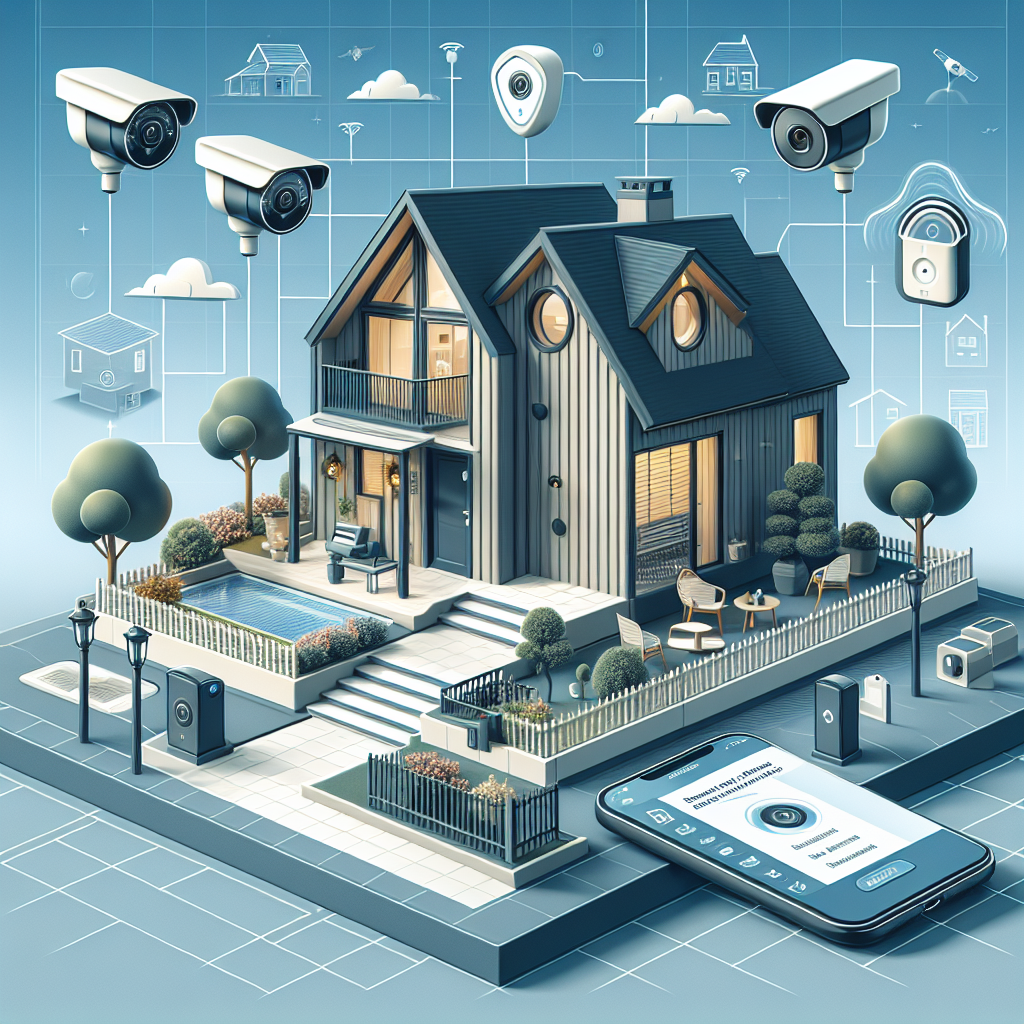When faced with home damage, whether it be from mold, water, or structural issues, homeowners are often confronted with a critical decision: to tackle the problem through DIY efforts or to enlist professional remediation services. This choice not only impacts the effectiveness of the remediation but also the safety, cost, and time investment involved. In this blog post, we delve into the pros and cons of both DIY and professional remediation, providing guidance to help you make an informed decision that ensures your home’s safety and integrity.
Understanding the Scope of Remediation
Remediation encompasses a range of activities aimed at correcting problems within a home. This can include mold removal, water damage repair, and fixing structural issues. The scope of remediation required often dictates whether a DIY approach is feasible or if professional services are necessary.
DIY Remediation: Pros and Cons
Pros:
- Cost Savings: DIY remediation can be less expensive upfront, as it eliminates labor costs.
- Immediate Action: Homeowners can start addressing the problem immediately, without waiting for professional availability.
Cons:
- Safety Risks: Remediation often involves handling hazardous materials or navigating structural damage, posing significant health and safety risks.
- Potential for Inadequate Remediation: Without the proper tools and expertise, DIY efforts may not fully resolve the issue, leading to recurring problems.
Professional Remediation: Pros and Cons
Pros:
- Expertise and Experience: Professionals bring specialized knowledge and experience, ensuring the remediation is thorough and effective.
- Safety: Professional services adhere to safety standards and regulations, minimizing health risks associated with remediation work.
Cons:
- Cost: Professional remediation services can be costly, although they provide value through comprehensive solutions and peace of mind.
- Scheduling: It may take time to schedule a professional service, potentially delaying the start of remediation efforts.
When to Choose DIY Remediation
DIY remediation can be appropriate for minor issues where the homeowner has the necessary skills and tools. For instance, small areas of mold in a well-ventilated space might be manageable with over-the-counter products. However, it’s crucial to wear protective gear and follow safety guidelines meticulously.
When Professional Remediation is Necessary
Professional remediation becomes indispensable under several circumstances:
- Large-scale Issues: Extensive mold, water damage, or structural problems require professional attention to ensure a safe and effective resolution.
- Health Concerns: In homes with occupants sensitive to allergens or with compromised immune systems, professional remediation minimizes health risks.
- Structural Repairs: Issues affecting the home’s structural integrity demand professional expertise to address safely and effectively.
Evaluating the Effectiveness and Cost
While DIY efforts may seem cost-effective, they can ultimately be more expensive if the remediation is incomplete or if the problem recurs. Professional remediation, though initially more costly, can offer a more permanent solution, saving money in the long term. It’s essential to evaluate the effectiveness and total cost of both approaches, considering not just the immediate expenses but also the long-term implications for your home’s safety and value.
Conclusion
Deciding between DIY and professional remediation involves a careful assessment of the problem’s scope, the potential risks involved, and the long-term costs and benefits. While DIY projects can offer immediate and cost-effective solutions for minor issues, professional remediation provides the expertise, safety, and peace of mind necessary for more significant problems. Ultimately, the goal is to ensure your home remains a safe, healthy, and secure environment. By making an informed choice, you can protect both your home and the well-being of its occupants.




